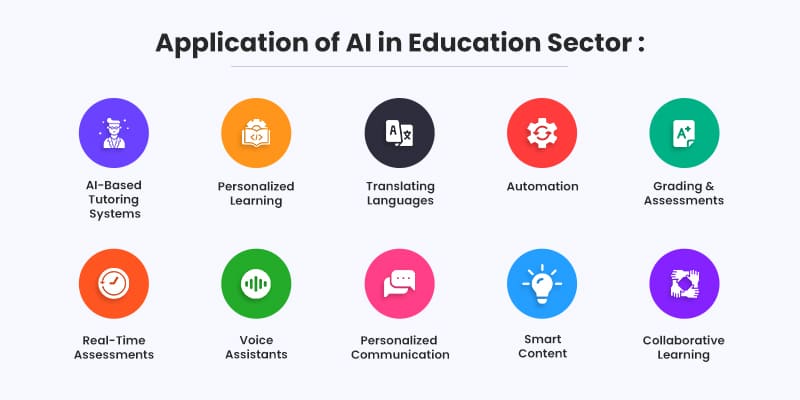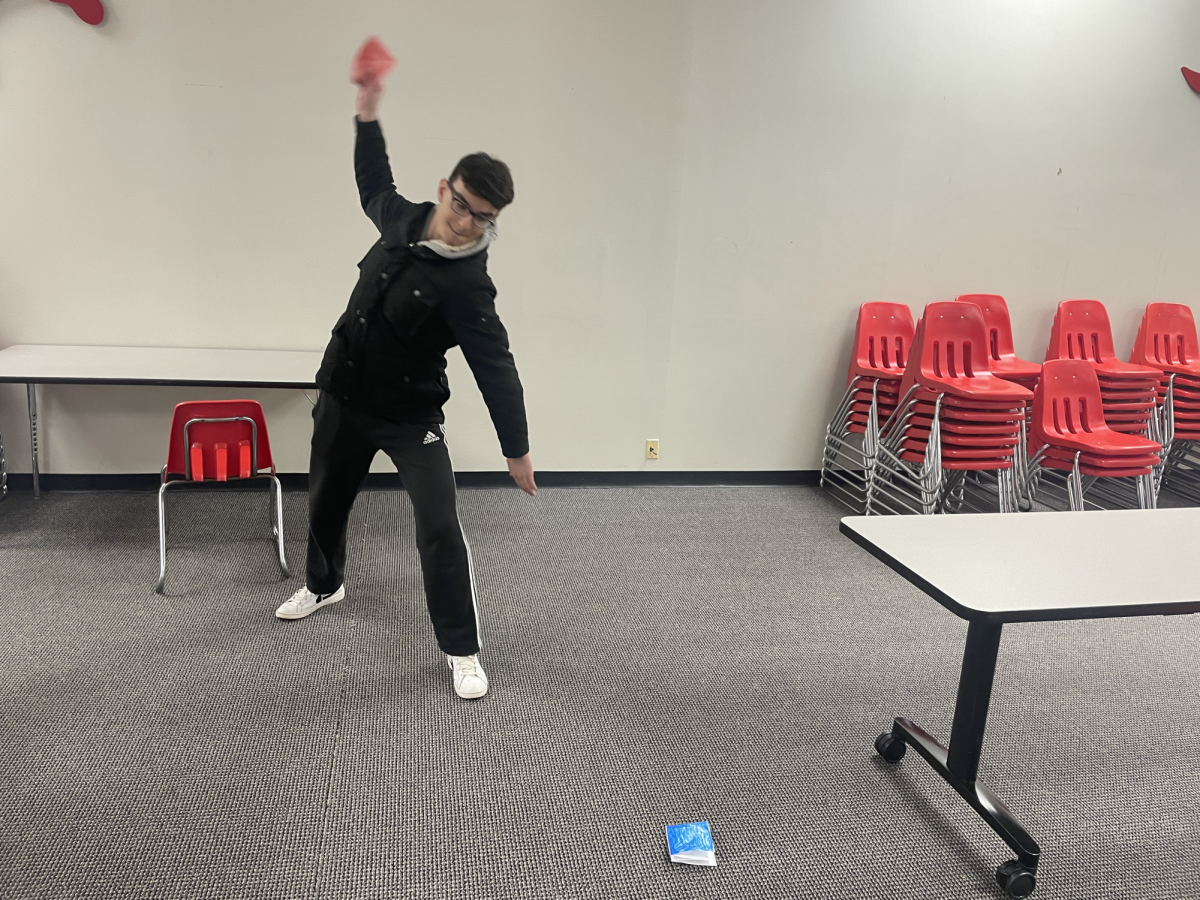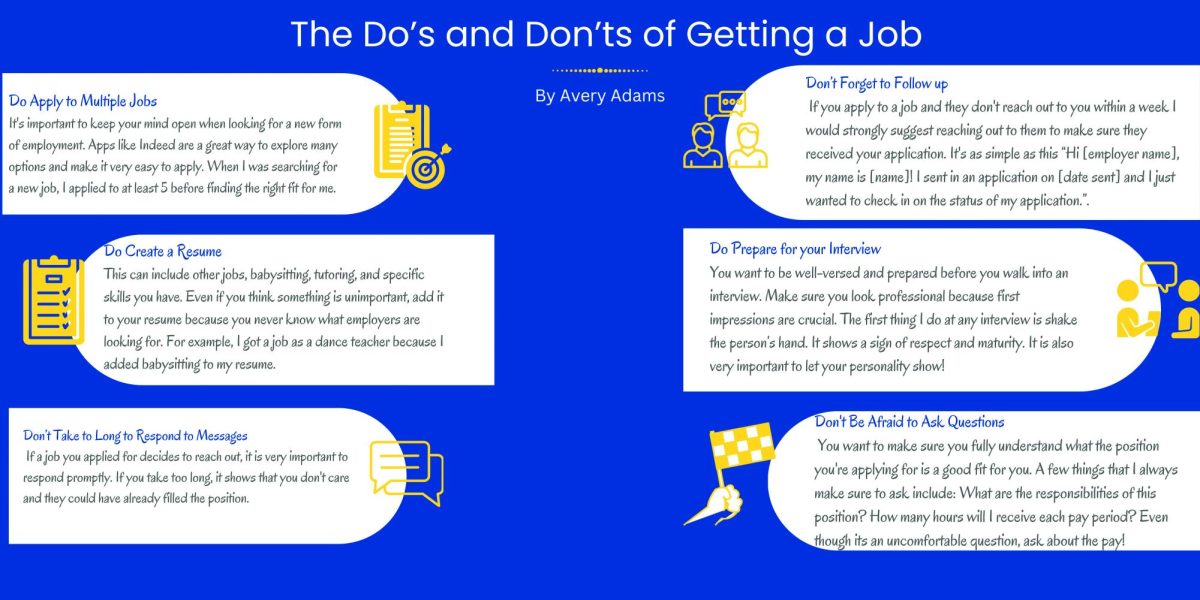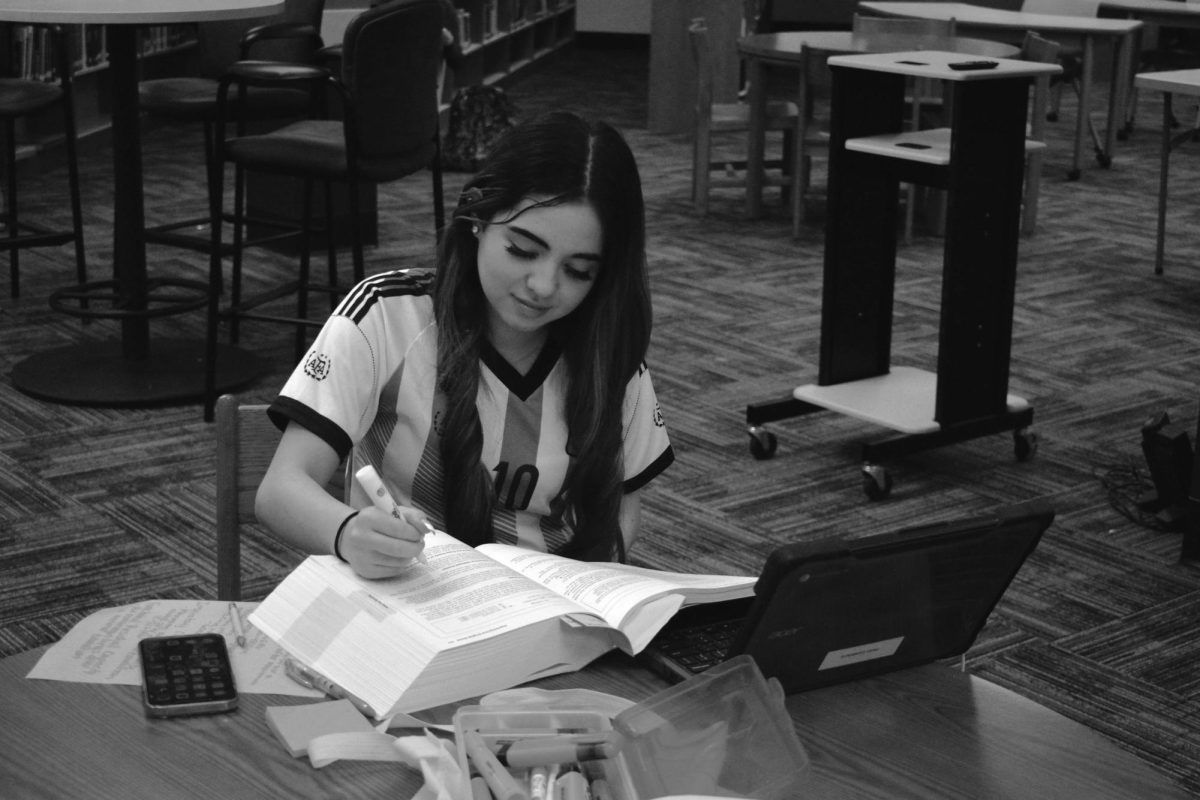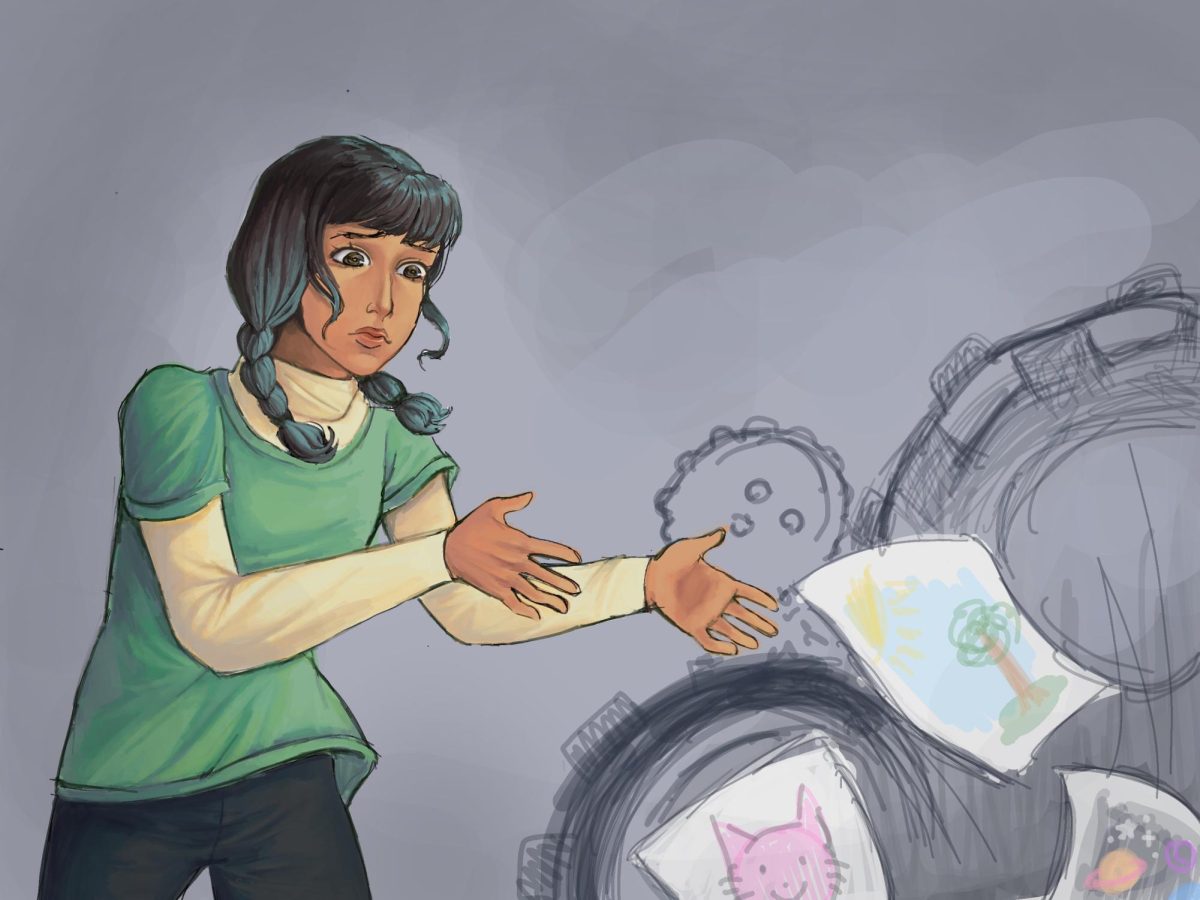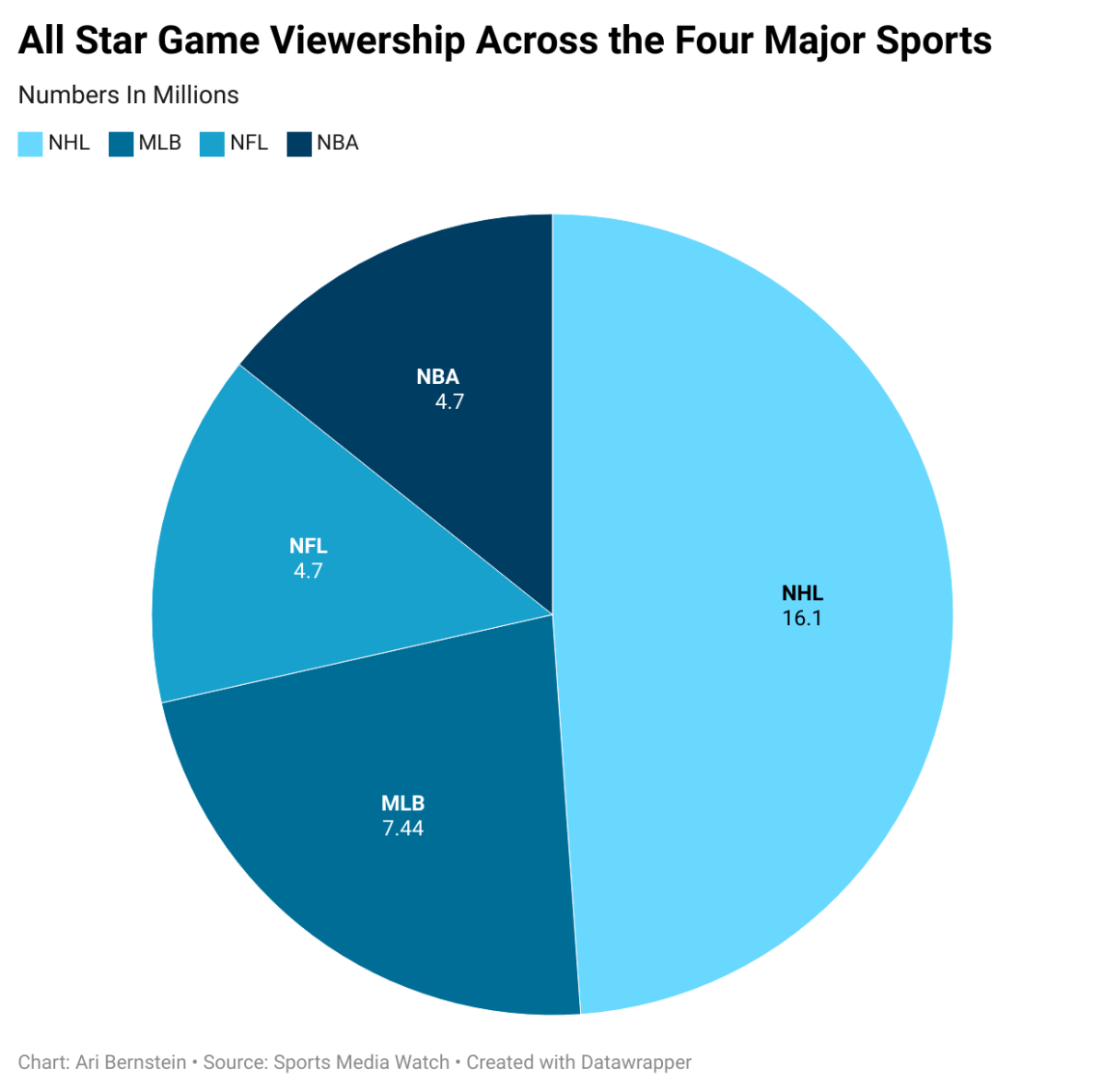The robots are going to take over the world! As a teenager growing up in the age of advanced machine learning and artificial intelligence, I have noticed this shared sentiment among people of all ages. According to a survey done by Digital Informational World, 47% of people have a fear that AI will destroy the human race and 42% of people are scared that AI will eventually go on to take their jobs. As a high schooler, I see the fear of AI becoming prominent at Central as well. Many teachers have initiated a no-AI policy in their academic honesty policies, which is fair as I have seen countless uses of AI for things like cheating and being dishonest.
AP Computer Science and math teacher Peter Papulis also sees the negatives of AI.
“Mainly in computer science, students can type in a problem into a Chat GPT or a Talk AI and it will solve a problem they should be solving on their own,” Papulis said.
Although I recognize all the fear and negative beliefs about AI, I feel like many fail to recognize its benefits. Artificial intelligence is a strong tool that if used correctly can be extremely beneficial to society and even the education field.
AI helps many industries that are more analytical like computer science. One practical use of AI in the programming field is that it can be used as a shortcut for industry professionals
“I have spoken with more than one professional coder, and they tell it to do something and double check it, but they use it to save time,” Papulis said.
Despite the pros of AI being more obvious in some fields like computer science, AI also has upsides in fields like health care and business. According to Wai Wong, the CEO of Serviceaide, a tech-based healthcare company, AI can be used to analyze MRI and X-Ray results at high level. Benefits in AI are already seen in local St. Louis hospitals like Mercy, who has implemented three new AI tools: a chatbot that helps patients understand lab results, a bot that will sort through patients appointments and calls, and a tool that will allow staff to have better access to hospital policies.
Healthcare isn’t the only field AI is helping. In the business world, it can allow companies to make decisions based on very complex series of data that are impossible for humans to understand. AI can also be used to help generate ideas for marketing and advertising.
In my opinion, it is absolutely vital that my generation is allowed to use AI freely, especially in high school, and I think that AI can have a great impact on education. It is inevitable that AI will be a part of our future jobs, and if high school’s main mission is to prepare students for the workforce, it should be of the utmost importance that we learn how to use AI to solve problems. Yes, when used in an unethical way, AI can be bad, and in no way am I endorsing plagiarism or cheating of any kind, however, if the whole world can use AI freely, why can’t we? AI can be used not only as a time-saver for professionals but also for students.
“Once students have shown proficiency with certain tasks, they can then use AI to automatically generate code for them,” Papulis said.
AI can not only help students be more time-efficient but can also help students get more practice.
“AI can potentially generate problem sets for students, or having students use AI to say ‘I’d like more practice solving quadratics give me ten quadratic problems with an answer key,’” Papulis said.
English teacher Jeff Rogers also acknowledges potential benefits of AI despite taking a strong stance against it after going to a professional development session on AI.
“They showed us a ton of different tools that can do things like write quiz questions, plan lessons, and give feedback on essays,” said Rogers. “All of those things give me the willies to think about; I don’t feel comfortable with them.”
A common argument I hear from people that are anti-AI is everytime we use AI it makes us less human because we allow something else to think for us, which in my opinion is a little unsettling to hear. I partially agree, and I acknowledge that the argument has some merit, however, there have been many times in history where we have let different technologies think for us. A great example of this is computers: we rely on computers to “think for us” in so many ways, from using a calculator to searching up a recipe on Google. So why when it comes to AI do we “lose our autonomy as humans,” when in our day-to-day lives we lose our autonomy to technology all the time? From technology, media, and even other people, we let information influence us all the time. It’s our choice as humans to decide whether to trust that information or not.
I recognize all the negative effects of AI. I do not condone the use of AI to violate academic honesty and I do not think we can completely rely on AI. However, despite all the problems that AI brings, there are a plethora of benefits that help many different industries. AI, whether we like it or not, is going to be a part of our future, so it is better to figure out how it can fit in, rather than rejecting it.


